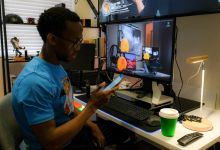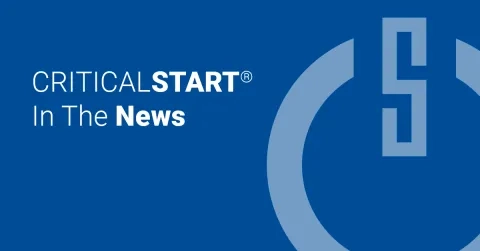Hackers Target Contact Tracing Applications
NBC News and Boston 25’s Blair Miller interviews Quentin Rhoads-Herrera of CRITICALSTART‘s TEAMARES about the vulnerabilities associated with contact tracing and how hackers are targeting companies and individuals through these apps.
Video Transcript:
M. Davenport: Health officials want to know how people are contracting the Coronavirus, who they are catching it from, but one of the methods for finding out is coming under fire and it could be exposing you to hackers. Blair Miller found what has some people so worried and why you could be at risk.
B. Miller: Contact tracing is a way for states to identify who’s had the virus and then figure out who has had contact with that person. It’s supposed to help figure out how the virus is spreading and prevent it, but it’s also raising a lot of red flags for cybersecurity experts.
B. Miller: State health officials are pushing for communities to trace the virus from person to person in an effort to know how widespread it is.
M. Sudders: Answering the call and sharing information about your close contacts helps us track the spread of the virus and keeps us all safe.
B. Miller: Contact tracing involves people giving their information through web-based apps or through a phone call so that health groups can then pinpoint the spread, but cybersecurity groups are warning that hackers are using them too.
B. Miller: How widespread do you think this could be and the kind of problems that it leads to?
Q. Rhoads-Herrera: I think it could be very widespread.
B. Miller: Quentin Rhoads-Herrera researches cybersecurity problems and found that there is no single contact tracing method that health departments are using. A recent study of 17 government-sponsored apps found that less than a third had the kind of encryption methods needed to protect sensitive information.
Q. Rhoads-Herrera: We’ve seen, for the most part of this year, contact tracing phishing attempts at companies and people trying to trick them into giving bank account information, social security numbers, things of that nature.
B. Miller: As the Coronavirus cases climb in some states, the tracing will too. Rhoads-Herrera believes the attempts hacks will only get worse.
Q. Rhoads-Herrera: That’s the most critical piece. If you understand what’s going to be implemented, you can avoid all of those other shady applications.
B. Miller: If you are asked to be part of the contact tracing, make sure your health department is involved when doing this and make sure that you’re using the tools they suggest.






